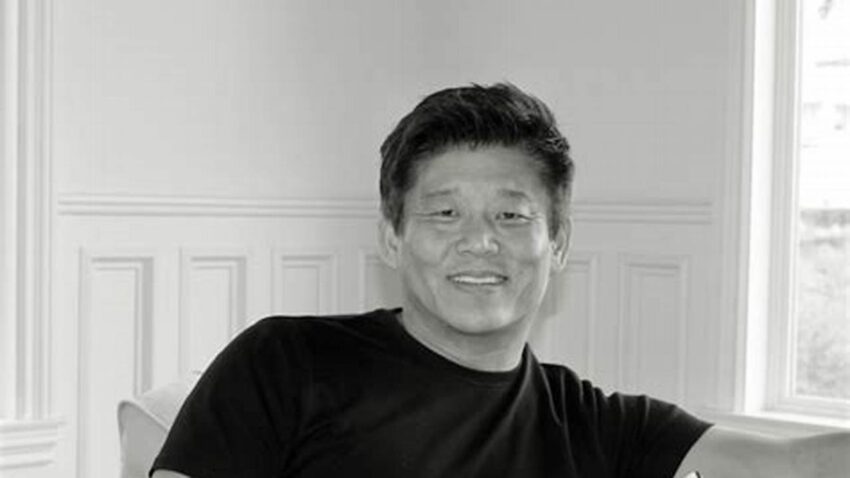Maximizing productive, energized periods is a common goal, and expert guidance can prove invaluable. This article explores strategies for enhancing and extending periods of high energy and focus, drawing upon insights from a recognized authority in the field.
Understanding Energy Fluctuations
Energy levels naturally ebb and flow throughout the day. Recognizing these patterns is the first step towards effective management.
The Role of Sleep
Adequate, quality sleep is foundational for sustained energy. Prioritizing consistent sleep schedules and optimizing sleep hygiene can significantly impact daily energy reserves.
Nutrition and Hydration
Nutrient-rich foods and consistent hydration provide the fuel necessary for optimal physical and cognitive function. Avoiding processed foods and sugary drinks can prevent energy crashes.
Mindfulness and Stress Management
Stress can deplete energy reserves. Practicing mindfulness techniques and incorporating stress-reducing activities can help conserve and redirect energy.
The Power of Breaks
Short, regular breaks throughout the day can help maintain focus and prevent burnout, leading to more sustained energy over longer periods.
Exercise and Physical Activity
Regular physical activity, even in short bursts, can boost energy levels and improve overall well-being.
Light Exposure and Circadian Rhythms
Exposure to natural light, particularly in the morning, helps regulate the body’s natural sleep-wake cycle, promoting better sleep and increased daytime energy.
Optimizing Your Work Environment
A well-organized and ergonomic workspace can minimize distractions and promote focus, contributing to sustained energy and productivity.
Time Management Techniques
Effective time management strategies, such as prioritizing tasks and breaking down large projects into smaller, manageable steps, can reduce stress and improve energy efficiency.
The Importance of Social Connections
Strong social connections can provide emotional support and reduce stress, indirectly contributing to higher energy levels and a greater sense of well-being.
Tip 1: Prioritize Sleep
Aim for 7-9 hours of quality sleep each night. Establish a regular sleep schedule and create a relaxing bedtime routine.
Tip 2: Hydrate Regularly
Carry a water bottle and sip throughout the day. Dehydration can lead to fatigue and reduced cognitive function.
Tip 3: Take Active Breaks
Instead of scrolling through social media, stand up, stretch, or take a short walk during breaks to boost circulation and energy.
Tip 4: Fuel Your Body with Nutritious Foods
Focus on whole, unprocessed foods, including fruits, vegetables, lean protein, and healthy fats. Avoid sugary drinks and processed snacks.
How can I improve my sleep quality?
Creating a consistent sleep schedule, optimizing your sleep environment (dark, quiet, and cool), and avoiding caffeine and alcohol before bed can significantly improve sleep quality.
What are some quick and easy ways to boost energy during the workday?
Taking a short walk, practicing deep breathing exercises, or listening to energizing music can provide a quick energy boost.
What are the best foods to eat for sustained energy?
Focus on complex carbohydrates, lean protein, and healthy fats. Examples include whole grains, fruits, vegetables, nuts, and seeds.
How can I manage stress more effectively?
Incorporating stress-reducing activities like yoga, meditation, or spending time in nature can help manage stress levels and improve overall well-being.
Is it normal to experience energy dips throughout the day?
Yes, energy levels naturally fluctuate. However, if you experience significant or persistent fatigue, consult a healthcare professional.
How does maintaining social connections contribute to increased energy?
Positive social interactions can reduce stress and boost mood, indirectly leading to higher energy levels and a greater sense of overall well-being.
By implementing these strategies, individuals can effectively manage their energy levels, maximize periods of peak performance, and cultivate a greater sense of vitality and well-being.

